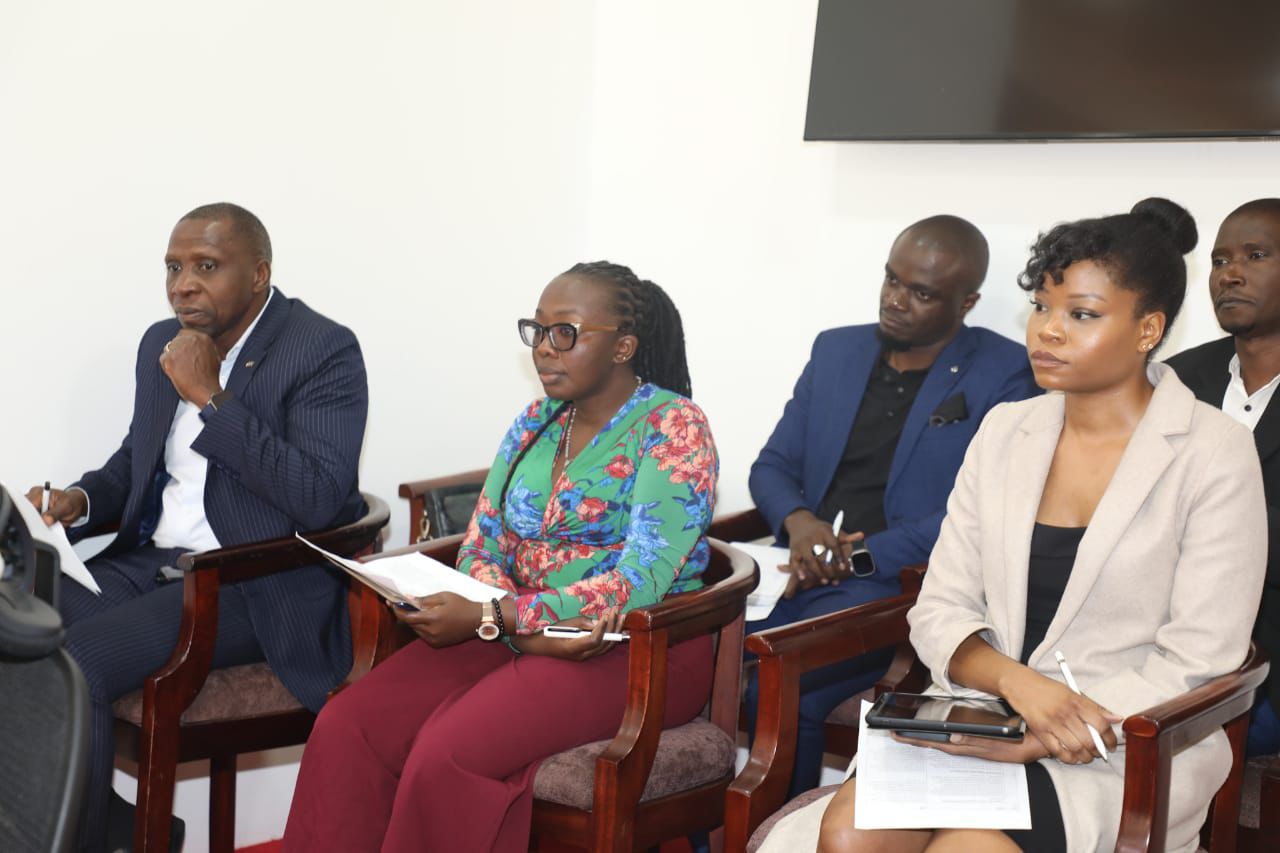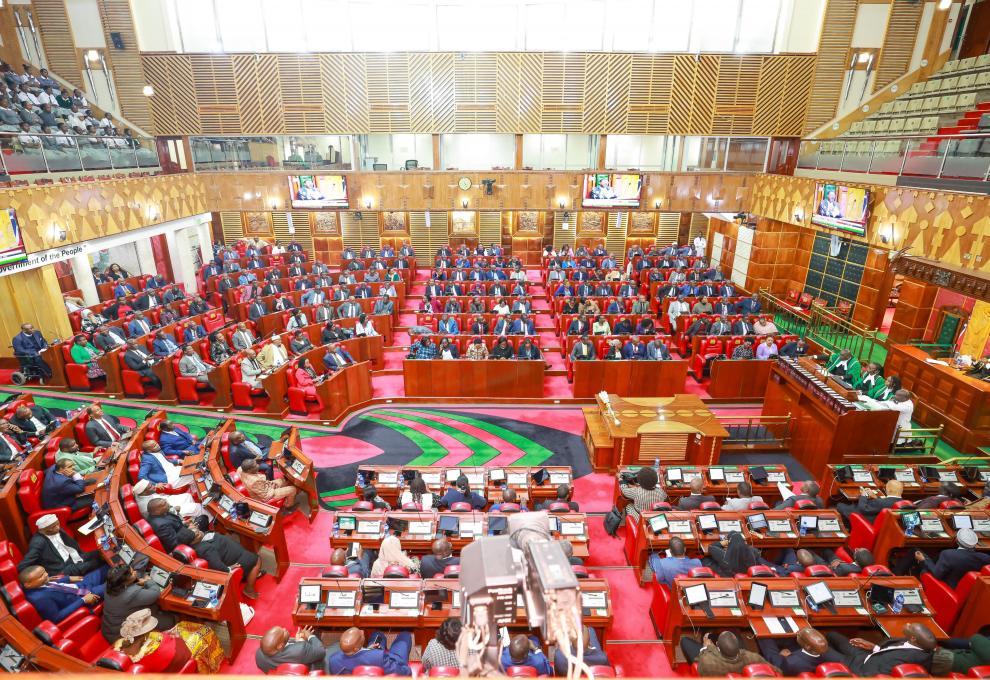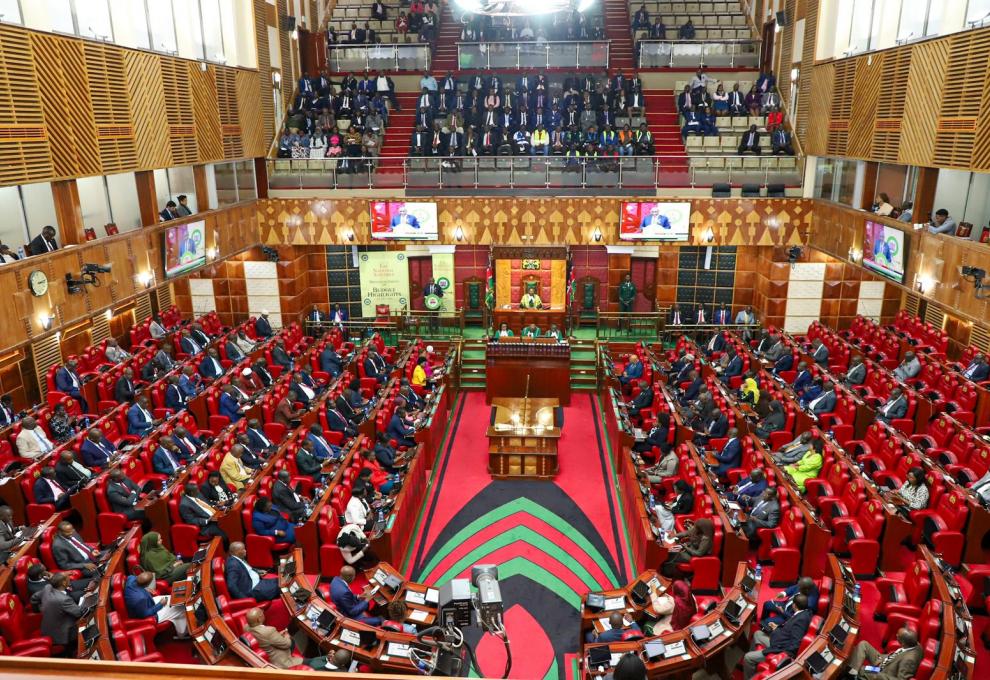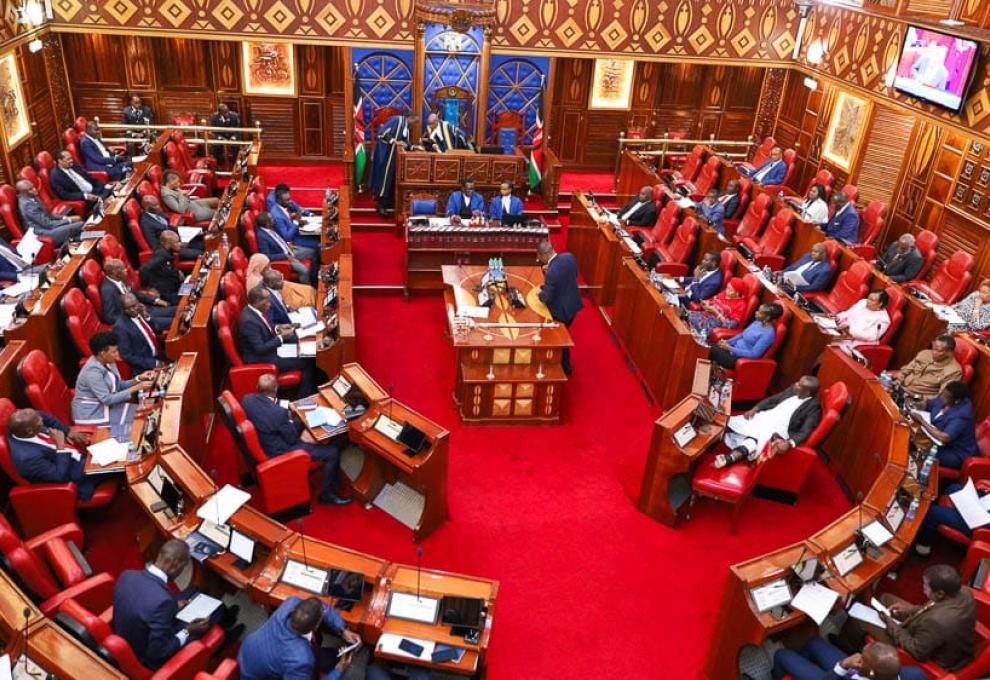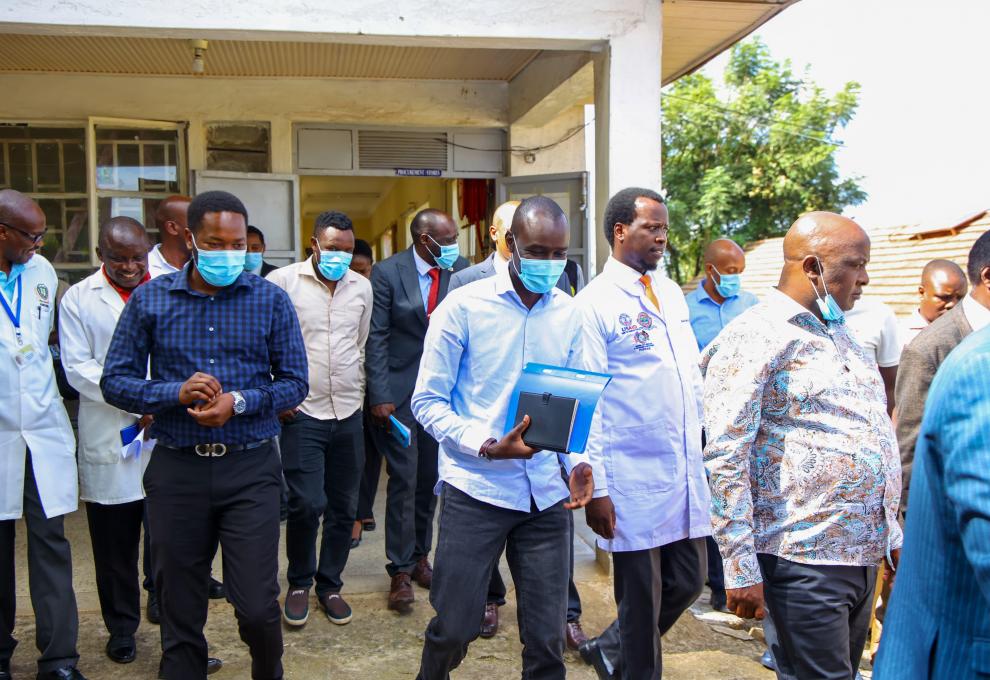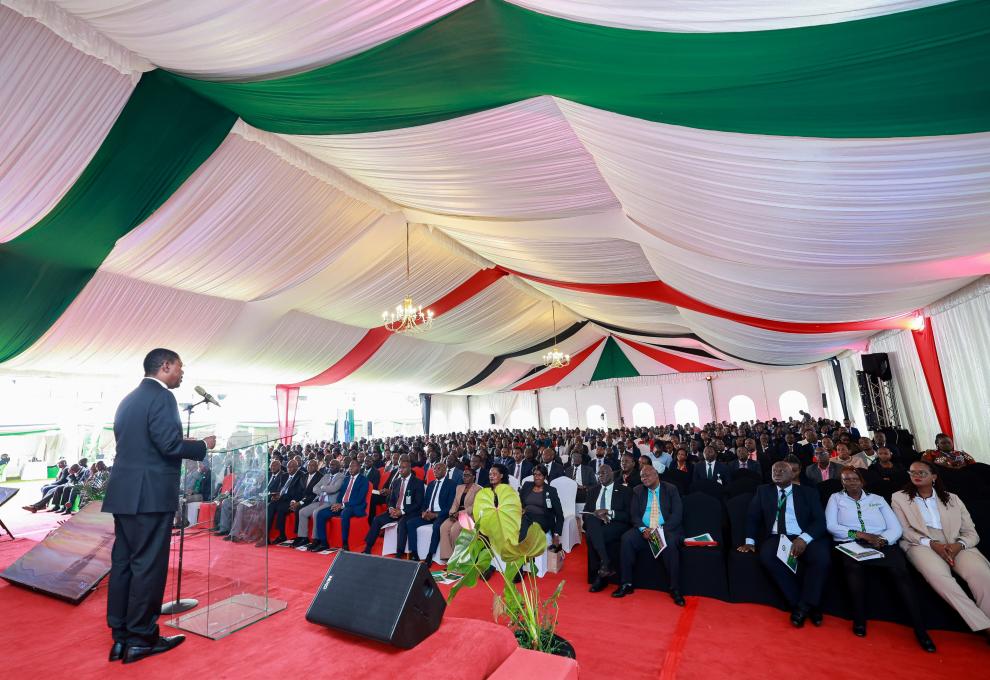𝐖𝐚𝐭𝐭𝐬 𝐭𝐡𝐞 𝐏𝐫𝐨𝐛𝐥𝐞𝐦? 𝐊𝐞𝐧𝐲𝐚’𝐬 𝐄𝐧𝐞𝐫𝐠𝐲 𝐂𝐫𝐢𝐬𝐢𝐬 𝐄𝐱𝐩𝐥𝐚𝐢𝐧𝐞𝐝
Kenya is on the cusp of a transformative energy revolution. With a growing population, ambitious climate commitments, and a goal to provide universal access to electricity and clean cooking by 2028, the need for a resilient, inclusive, and affordable energy ecosystem has never been greater.
But even as opportunities abound, cracks are beginning to show, cracks that, if left unaddressed, could derail the nation’s progress. Recent policy shifts risk putting clean energy further out of reach for millions of Kenyans. From procurement hurdles and aggressive tax proposals to the neglect of bioenergy and unclear legislative processes, Kenya’s energy future hangs in the balance.
At first glance, a proposal requiring every new power plant to include storage batteries sounds progressive. Energy stability is crucial, but such requirements significantly raise operational costs—costs that eventually hit the consumer’s wallet.
The Power Purchase Agreement (PPA) moratorium, introduced to halt new private power deals pending review, is now under scrutiny. Speaking at a recent Senate hearing, Eng. James Mwangi, Director at KEPSA (Kenya Private Sector Alliance), stated plainly, “The Power Purchase Agreement moratorium should be lifted.” He highlighted how the policy, while initially well-intentioned, has unintentionally slowed down critical investments.
Benard Osawa from ESAK added context to the long-term impact: “Technically since 2019 there is no approval, and if the moratorium is lifted today, it means it will take another three years to build a power plant.”
However, not all lawmakers are fully convinced. Senator Edwin Sifuna questioned the motivation behind KEPSA’s position, asking, “KEPSA wants the moratorium to be lifted, why should it be lifted?” Still, consensus is building around the need for action, especially if it’s backed by robust planning and oversight.
Senate Committee on Energy Chair Dr. Oburu Oginga weighed in, underscoring the broader concern: “Businesses need a predictable environment for stability.”
The proposal to introduce a 16% VAT on all imports including essential energy technologies could ignite a wave of price increases. Energy costs could spike due to multiple layers of taxation, harming affordability and deterring investment in renewables.
Eng. James Mwangi urged the Senate to consider relief for consumers and businesses alike, recommending that “Liquid Petroleum Gas should be put on an open tender system like other petroleum products like diesel, kerosene, and petrol.”
He also pushed for the removal of VAT on energy production, aligning with Benard Osawa’s plea: “Consider the removal of 16% VAT on power production.”
Senator Sifuna, echoing public concern about transparency, demanded accountability: “We want to see how much is paid to the IPPs (Independent Power Producers) in the last two years.”
He also pointed to a broader legislative shift underway: “The Senate is coming up with Constitutional amendments to ensure that all laws passed in the National Assembly must come to the Senate for concurrence.” This change could play a pivotal role in restoring checks and balances in energy policy formulation.
While solar and wind dominate headlines, bioenergy presents a largely untapped opportunity. From clean cooking fuels to biomass-powered lighting, bioenergy could revolutionize rural energy access. Yet, despite its potential, the sector remains critically underfunded.
“Targeted support is essential,” said Eng. Mwangi. “We want to extend the same stability we’ve achieved in petroleum supply through government-to-government agreements to the LPG sector.”
Still, lawmakers asked whether KEPSA is doing enough. “Is KEPSA lobbying enough to have the LPG usage on the increase?” queried Senator Kisang, pointing to the need for stronger advocacy and public education.
Eng. Mwangi responded by highlighting the private sector’s evolving political engagement: “In the 2022 general elections, we developed our own manifesto as KEPSA to guide the business environment,” adding that, “We invited the two major presidential candidates in 2022 and shared with them our manifesto.”
His words underscore a growing realization: the lines between politics and business are increasingly blurred. As Senator Sifuna aptly put it, “Politics is business, and business is politics.”
What Kenya needs now is not just policy—but political will and legislative clarity.
From fixing procurement inefficiencies and reversing punitive taxation to scaling up investment in bioenergy, the pathway to a cleaner, more equitable energy future is within reach. But it will take more than intentions. It requires decisive, inclusive, and coordinated action from all branches of government.
Through stronger Senate engagement, cross sector partnerships, and data-driven advocacy, Kenya can create an energy landscape that is affordable, reliable, and fair for all.
Because at the end of the day, energy isn’t just about powering homes, it’s about powering opportunity, growth, and dignity.



